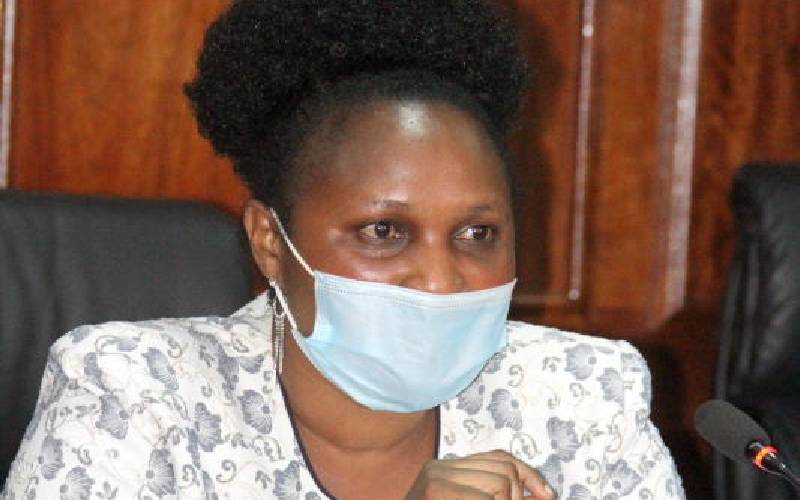×
The Standard e-Paper
Kenya’s Boldest Voice

Registrar of Political Parties Ann Nderitu. [David Njaaga, Standard]
Registrar of Political Parties Ann Nderitu has told The Standard that her office has received more than 1,000 applications from citizens seeking to reserve names for proposed parties.